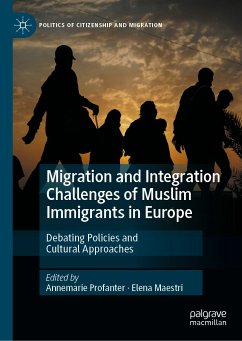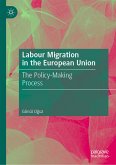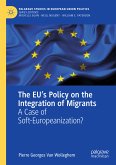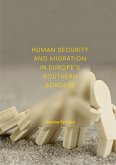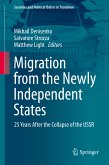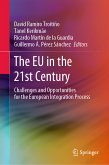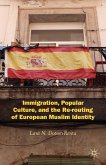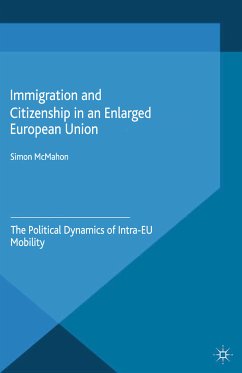- Joaquín Arango, Professor of Sociology, Complutense University Madrid, Spain
As the impetus of globalization continues to gather pace, more and more people leave their homes pursuing dreams of a better life for themselves and their families. Muslim immigrants converging on Europe from widely divergent communities scattered throughout North Africa, the Middle East and South-East Asia, represent a great variety of local cultures and traditions. Trans-Mediterranean networks form the basis of migration routes andare key factors in the destinations of these migrants and in the overall process of immigration, be this towards Europe or other Muslim countries. South-North fluxes intertwine with South-South fluxes, among which the Gulf Arab countries stand out as a prime destination, not only for low-skilled labour. Different situations emerge, within a variegated discourse on co-existence, integration, assimilation and the preservation of identity. The adoption of this transnational dimension incorporating both destination, and points of origin, enables the investigation of migration to move beyond a purely Eurocentric approach. Thus, different national patterns are analyzed with a focus on a number of significant case-studies. By debating policies and cultural approaches the aim is to add innovative scholarship to the challenge of integration. Cross-cultural pluralism on the part of the nation states comprising the European Union is one avenue for moving the dialogue between different cultural frameworks towards a more compatible form.
Annemarie Profanter is Professor of Intercultural Pedagogy at the Faculty of Education of the Free University of Bolzano (unibz), Italy.
Elena Maestri is Professor of History and Institutions of the Muslim World at the Faculty of Political and Social Sciences of the Catholic University of the Sacred Heart (UCSC), Milan, Italy.
Dieser Download kann aus rechtlichen Gründen nur mit Rechnungsadresse in A, B, BG, CY, CZ, D, DK, EW, E, FIN, F, GR, HR, H, IRL, I, LT, L, LR, M, NL, PL, P, R, S, SLO, SK ausgeliefert werden.

